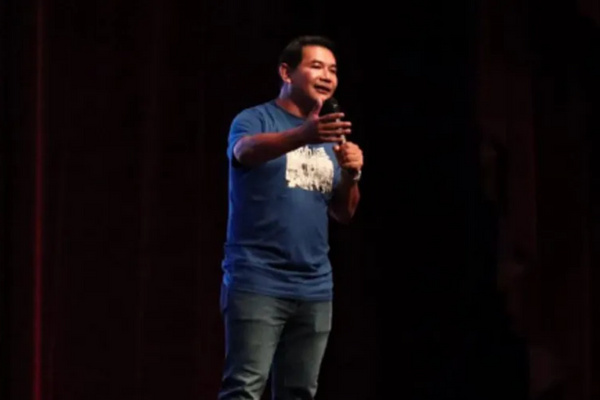LISTEN TO THE PODCAST HERE (FROM 42 MINUTES ONWARDS)
There are recent calls for more politicians to push forward policy ideas rather than relying on a cult of personality. BFM’s recent podcast asks – is this something Malaysians actually respond to. Speaking of ideas, what does our country need to focus on in the next decade?
REFSA Executive Director Tan E Hun weighs in on the second question.
Summary
E Hun stressed the positive impact of increasing wages at the lower end of the payscale as downward pressure on wages deters firms from crucial investment decisions and undermines potential for investment-driven growth, especially where productivity is concerned.
Other barriers for fair compensation of labour include asymmetric relationships between employer and employee, poor visibility on the earnings of peers, as well as the glorification of overwork in Malaysian cultural norms. All these have caused Malaysia’s wage progression to lag significantly behind the times and cost of living. E Hun also pointed out Malaysia’s ease of access to low cost foreign workers, which for certain sectors are putting pressure on keeping wages low.
To overcome this problem, she suggested policies to stimulate investment, capitalise on the ongoing digital transformation efforts, and encourage growth in high productivity activities, as increased productivity will allow com
E Hun stressed that having strong personalities in our political scene should not overshadow the importance of our politicians to be able to articulate and chart coherent, well thought through policies for our nation. As many countries in the region continue to enhance their industries, strengthen their workforce and future generations, increase their country’s appeal to attract more investments etc, Malaysia must buckle up as well, and focus our energy, time and resources to deliberate policy actions that can enable us to achieve what we want to see in our nation.
Citing 3 key policy themes to focus on in the coming decade, E Hun highlighted the need to:
(i) re-energise growth through robust industrial policies, creation of good jobs with dignified pay and enhancing our education system, while supported by a comprehensive social safety net to ensure no one is left behind.
(ii) identify our climate change adaptation policies which includes rethinking our urban design, our housing and transport policies. Such policies will not just greatly increase the quality of life for many (e.g. flood mitigation, “greening” our transportation system), but are also crucial to ensure we are taking actions to prepare for current or expected effects of climate change.
(iii) enhance our institutions’ resilience as well as our security (foreign) policies. We must ensure that our institutions are independent and are able to function efficiently as intended to aid the nation’s development and economic prosperity, while at the same time build our external resilience to navigate and benefit from the changing geopolitical landscape of the 2020s.
Lastly, E Hun highlighted the importance of wider participation in public policy discourse, to encourage and engage Malaysians in the debate of public policy and understanding how policies impact the many fabrics of our society. Ultimately, our success and contributions to national development cannot be dependent on a few individuals or a collective small group of individuals, as our action and inactions all play a part in shaping the nation’s policy discourse.
LISTEN TO THE PODCAST HERE (FROM 42 MINUTES ONWARDS)
Produced by: Alia Zefri, Kelly Anissa
Presented by: Lee Chwi Lynn, Sharmilla Ganesan

